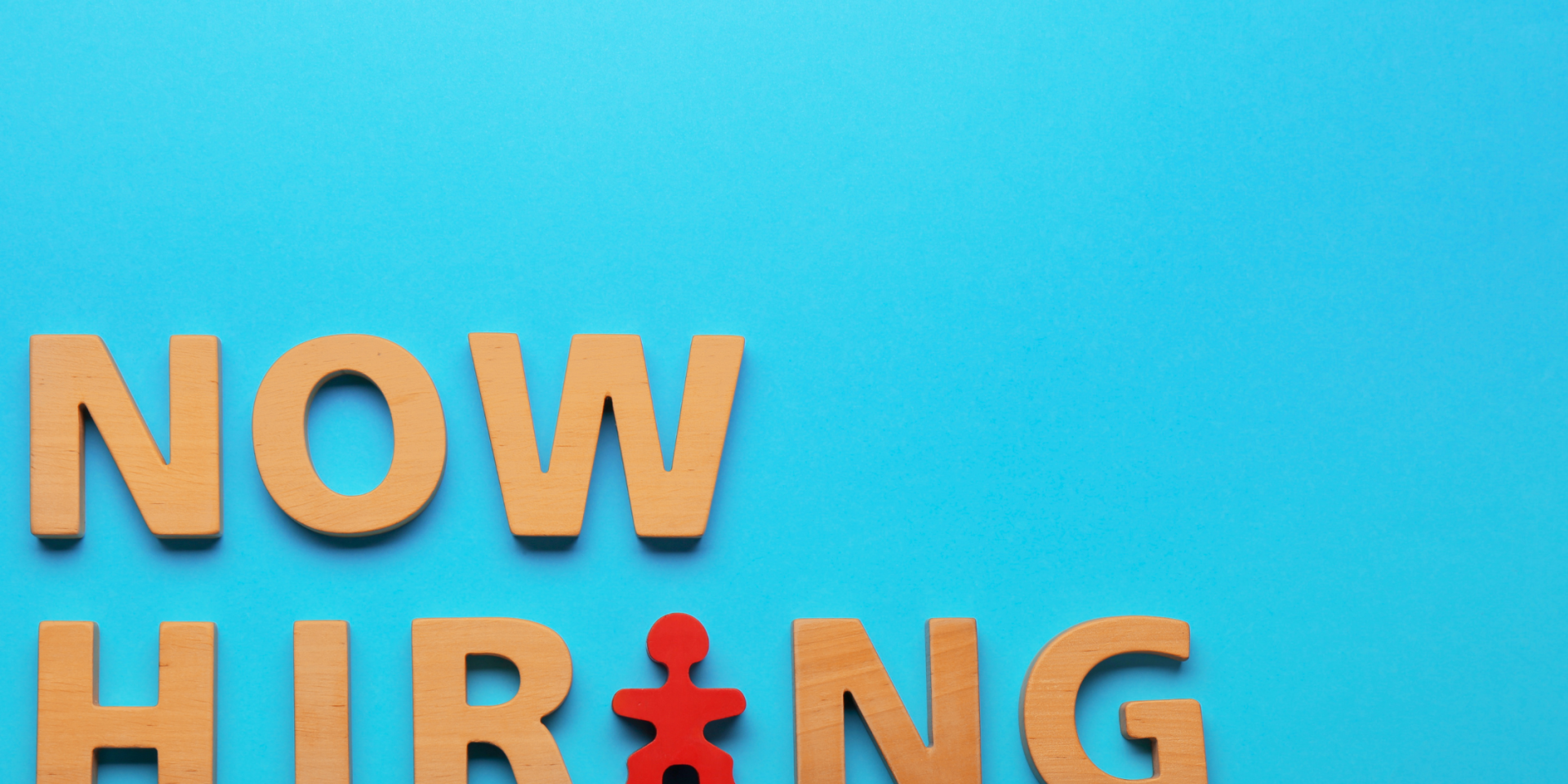INTERVIEWER MISTAKES TO AVOID IN A PROFESSIONAL INTERVIEW
When interviewing job candidates, it is important not to get complacent and think all of the hard work is down to them. It is also important not to be obsessed with the opinion that they are looking for a job, and as such, are at your mercy.
The opinion and values you and your company hold about employees and job candidates filter through you and become obvious in your approach, gestures and language. The job interview is a two-way process, and the candidate needs to be sold on your suitability as their next employer.
Here are six interviewer mistakes to avoid in a professional Interview:
Being underprepared
Preparing ahead helps you feel confident during the interview process. When preparing, review the job description for the role properly and the candidate’s application materials; this includes a CV or whatever was requested. Have a clear idea of the ideal candidate for the position and prepare a list of questions to assess the competencies required to perform on the job.
Missing out on active listening
Active listening means limiting distractions so you can give the speaker your full attention, using visual and auditory cues to show your engagement, and summarizing their comments to show comprehension. Also allowing the candidate to speak about their experiences, credentials, personal values, and career goals is essential for learning about the value they can bring to your company.
Furthermore, making calls and allowing interruptions during interviews does not communicate that the process is a priority to you. This act should be avoided.
Mismanaging time
Managing your time effectively allows you to prepare thoroughly and arrive on time to meet the job candidate. Being on time for the interview shows professionalism and your consideration for the candidate’s time. During an interview, structuring your time well allows you to ask the questions needed to gain a comprehensive understanding of the candidate’s abilities. Should there be a need to attend to the candidate behind schedule, a respect for their time should be communicated for their time, by way of prior information and apology.
Speaking negatively
It is not unusual for candidates to ask questions about you, your position in the company, and the business operations. These questions are best answered professionally, by using positive and constructive statements. In case you have identified current challenges in the business, it works better to project a positive tone and image by emphasizing how your organization plans to meet and overcome those obstacles.
Making quick judgments
To gain deeper insights about candidates, listen closely to their responses even if your first impression of a candidate is not appealing. Similarly, it’s common for hiring managers to develop a positive bias toward candidates with well-structured applications before meeting them in an interview. Your awareness of this potential bias, allows you to be more objective during the interview process.
Asking the Wrong/Personal questions
During the interview, determine the best-suited candidate for the job, it is important the right questions, in the right order, are asked. Questions such as birthplace, state of origin, marital status, family or pregnancy, ethnicity, disability, and religion should be avoided where it has no impact on functioning effectively on the job.
If you can avoid these mistakes as an interviewer, you would represent your organization in a professional manner and stand out from other employers.
Thanks for reading!
Found this helpful? Drop your comments and share with your community.





